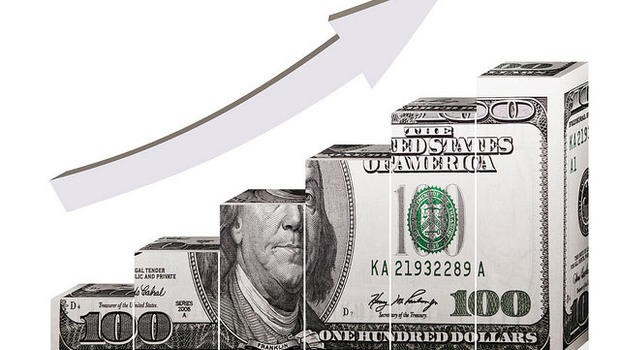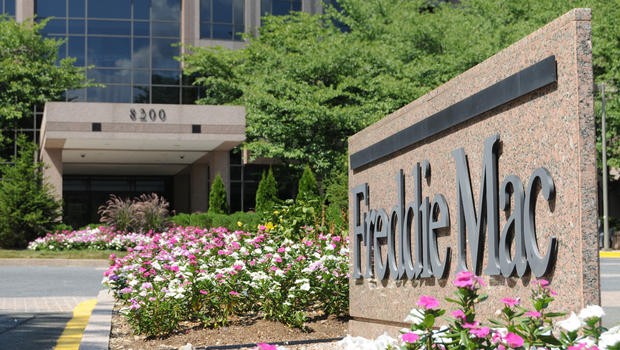An interesting thing about rising interest rates CBS News
Post on: 16 Март, 2015 No Comment

Now that the Federal Reserve has ended its large-scale purchases of financial assets, or QE as it’s known, the next question is when will it begin raising interest rates?
The central bank continues to emphasize that it anticipates keeping its fed funds rate near zero percent for a considerable time, especially if the inflation rate stays below the Fed’s 2 percent target and provided that longer-term inflation expectations remain well anchored.
Most analysts interpret this to mean the Fed will begin increasing its target interest rate in early summer next year, though some observers have updated their forecast to early spring, based upon the optimism present in the Fed’s announcement after concluding its monetary policy meeting on Wednesday.
When interest rates do begin to increase, those who rely upon interest income to boost their savings will be happy, but how will it affect corporate investment? As explained in more detail here. and as was known even before that research, business investment in new plants and equipment is surprisingly insensitive to interest rate changes. In fact, contrary to what many macroeconomic models assume, rising rates are often associated with increased business investment.
Why would that be the case? After all, a higher interest rate makes loans more expensive and less likely that a particular investment will pay off.
The answer lies in the all else equal assumption economists make when examining the relationship between two variables. If nothing else in the world changed when interest rates go up, investment would fall.
But — as Fed policy shows — interest rate increases often result from an improving economy, and the outlook for the future has a much larger impact on investment than interest rate changes. Thus, when the economic outlook improves, we see interest rates rising in general, but the improved outlook has a larger positive impact on business investment than any negative impact from higher rates.
However, in the National Income and Product Accounts’ definition of investment, it’s more than just business investment. It also includes household purchases and new homes, and this part of investment is very sensitive to changes in interest rates. So, when they do go up, residential investment rather than business investment will be affected the most.

That’s not to say demand will fall. As with business investment, a strong economy provides a countervailing effect. It means only that residential investment will be lower than it would have been if interest rates had not increased.
Whether it’s desirable to put the brakes on the overall economy by slowing investment in housing will depend upon whether housing is in danger of overheating once again.
But in any case, once the Fed does begin raising interest rates to avoid an overheated economy and the potential for inflation, housing — and more generally household spending on cars, motor homes, boats, expensive appliances and other big-ticket items that consumers generally finance — is where the brunt of the adjustment is likely to be felt.
2014 CBS Interactive Inc. All Rights Reserved.














